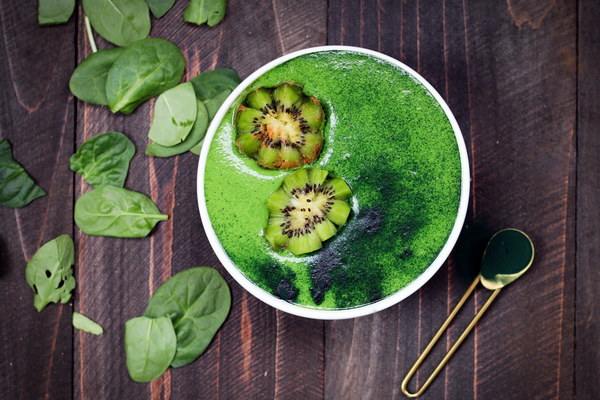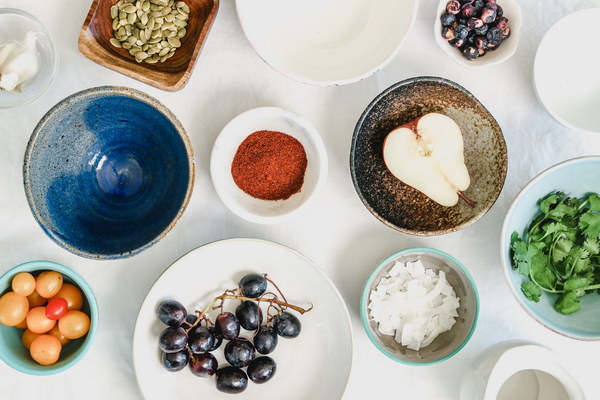Infusing Health The Art of Steeping Therapeutic Teas
In the realm of herbal remedies and wellness, the art of steeping therapeutic teas stands as a timeless practice that combines tradition with modern health-conscious living. Steeping, a method of infusing water with the beneficial properties of herbs, roots, flowers, and fruits, has been used for centuries to promote overall well-being. This article delves into the world of therapeutic teas, exploring the process of steeping and highlighting the health benefits of various ingredients.
The Steeping Technique
The act of steeping is a delicate balance of timing, temperature, and attention. It is an art that requires patience and an appreciation for the natural processes involved. Here is a basic guide to steeping therapeutic teas:
1. Select the Right Tea: Choose a blend or a single herb that suits your health needs. Whether it's for digestion, relaxation, or boosting immunity, there's a tea for every purpose.

2. Boil Water: Use fresh, cold water, and bring it to a boil. The temperature is crucial; for herbal teas, water should be between 160°F and 180°F (70°C to 82°C) to extract the maximum benefits without scorching the delicate plant materials.
3. Prepare the Tea: Place your chosen herbs or tea leaves into a cup or a teapot. The quantity depends on the strength you desire, but a general guideline is about one teaspoon per six ounces of water.
4. Steep the Tea: Cover the cup or teapot and let the tea steep for the recommended time. This can range from 3 to 10 minutes, depending on the specific ingredients. Herbs with a strong flavor may require longer steeping, while delicate flowers like chamomile may need only a few minutes.
5. Strain and Enjoy: After the steeping time has elapsed, strain the tea to remove the herbs and enjoy the liquid, which should be warm but not too hot to prevent burning your mouth.
Health Benefits of Steeped Therapeutic Teas
The health benefits of steeped therapeutic teas are vast and varied. Here are some popular herbs and their associated health benefits:
1. Chamomile: Known for its calming properties, chamomile is excellent for relaxation and sleep. It can also aid in digestion and soothe an upset stomach.
2. Ginger: A warming herb, ginger is renowned for its ability to stimulate digestion and alleviate nausea. It also has anti-inflammatory properties.
3. Echinacea: This herb is often used to support the immune system and may help shorten the duration of colds and flu.
4. Honeybush: A South African herbal tea, honeybush is high in antioxidants and can help reduce stress levels and improve sleep quality.
5. Peppermint: Known for its refreshing taste and calming effect on the digestive system, peppermint is also great for respiratory health and can help alleviate symptoms of irritable bowel syndrome (IBS).
Conclusion
Steeping therapeutic teas is more than just a beverage ritual; it's a practice that can contribute significantly to a healthy lifestyle. By understanding the art of steeping and the health benefits of various herbs, you can create personalized blends that cater to your specific needs. Whether you're looking to unwind after a long day, support your immune system, or simply enjoy the ritual of making tea, the world of steeped therapeutic teas has something to offer everyone.









